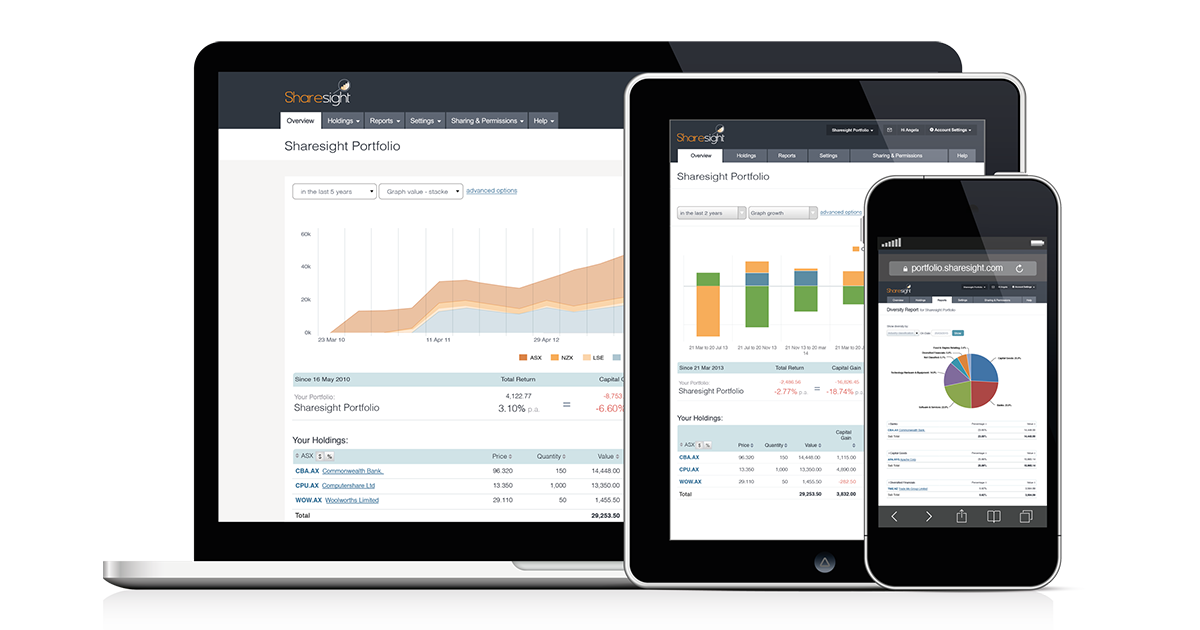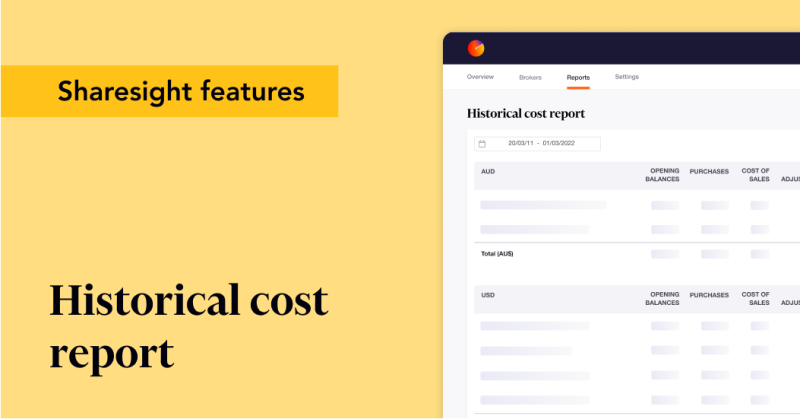What is CHESS?
As an Australian investor, you’ve probably heard of CHESS, but you might not know exactly what it is and how it works. So we thought we’d pull together all the info you need to decide whether it’s right for you.
This article will cover:
- What is CHESS?
- What does it mean to be CHESS sponsored?
- Advantages to having CHESS sponsored shares
- Can you own non-CHESS sponsored shares?
- The future of CHESS

What is CHESS?
Established over 25 years ago, CHESS (Clearing House Electronic Subregister System) is a computer system used by the Australian Securities Exchange (ASX) for share settlements and registrations.
CHESS performs two main functions:
-
Facilitating share trade settlements -- CHESS usually settles a trade 3 days (T+2) after a buyer and seller agree to trade by arranging the transfer of money between the buyer and seller. It also transfers legal ownership of the shares at this time.
-
Registering share ownership -- CHESS is also a subregister that the ASX maintains which keeps track of who owns what shares.
What does it mean to be CHESS sponsored?
If your shares are ‘CHESS sponsored’ it means when you buy shares, the ASX has a record of you directly owning those shares.
Here’s how it works:
-
When you choose a broker whose shares are CHESS sponsored, the broker will issue you a Holder Identification Number (HIN).
-
When you buy shares, they will be assigned to you, via your HIN, and a statement will be sent to your registered address.
-
You can have multiple HINs at multiple online brokers, and you can move your HIN (and the shares assigned to it) from one broker to another, and from one HIN to another.
Advantages to having CHESS sponsored shares
There are a number of advantages to having CHESS sponsored shares, including:
-
Third-party verification -- Because your shares are tied to your HIN (and therefore to your name and Tax File Number), CHESS acts as a third-party verification that you own the shares directly, as opposed to someone else holding them on your behalf (more on that below).
-
Single subregister -- Rather than having shares in different companies spread across several subregisters, your entire portfolio can be registered under one HIN. This makes it possible to track down all your holdings (especially if you don’t already track them in a portfolio tracker such as Sharesight).
-
Minimised paperwork -- Rather than receiving physical share certificates, CHESS issues a single statement at the end of the financial year (although in most cases, you will still receive buy/sell statements from the share registries).
-
Easy updates -- If you need to update any of your personal information such as your name, address, or Tax File Number, you can update it with your CHESS sponsor (your broker) once, rather than having to notify several subregisters.
Can you own non-CHESS sponsored shares?
Because most of the major Australian brokers offer CHESS sponsored shares, they are very popular with Australian investors. Having said that, it is possible to trade non-CHESS sponsored shares -- they include:
-
Shares purchased via a custodial broker -- Some brokers (including many robo-advisers and micro-investing apps) operate under a custodial model, meaning they hold the shares on your behalf. While many of these brokers have been around for a long time and are trusted by investors around the world, it is important for investors to do their research and understand what would happen if the broker were to go under. In addition, if you own shares via a custodial broker, you might miss-out on things like voting rights and dividend reinvestment plans.
-
Issuer Sponsored Shares -- These are managed by the issuer of the shares via the issuer's share registry and are usually the result of an IPO, SPP or ESP (Employee Share Plan). Rather than being tied to a HIN, these are allocated a Security Reference Number (SRN).
The future of CHESS
ASX has announced that CHESS will be replaced with distributed ledger technology (DLT) in early 2021. While CHESS's average monthly service availability over the last five years has been 99.99%, ASX states that the new DLT system (commonly referred to as ‘blockchain’) will improve upon CHESS and "provide a broader range of benefits to a wider cross section of the market". Some of the main guiding principles for the project include providing greater control to issuers and end investors, taking future needs into account, and ensuring the new system is accessible, available, and reliable.
We’re excitedly following Australia’s Consumer Data Right bill on open banking, and we hope to be able to integrate with CHESS (or its replacement) in the near future.
Track your investment portfolio with Sharesight
Sharesight was built for investors like you, and makes it easy to keep track of your portfolio. Here’s how:
-
Automatically track your daily price & currency fluctuations, and handle corporate actions such as dividends and share splits.
-
Run powerful tax reports, including the Capital Gains Tax Report (Australia and Canada), Traders Tax Report (NZ) and foreign investment fund income FIF Report (NZ).
-
Get the true picture of your investment performance, including the impact of brokerage fees, dividends, and capital gains with Sharesight’s annualised performance calculation methodology.

FURTHER READING

Sharesight nominated for 2025 Wealth Tech Innovator of the Year
Sharesight has been chosen as a finalist in the 2025 Australian Wealth Management Awards, in the Wealth Tech Innovator of the Year category.

Prepare your annual accounts with our historical cost report
Sharesight's historical cost report is a powerful tool for investors who need to prepare annual accounts or financial statements with mark-to-market accounting.

Sharesight product updates – July 2025
This month's focus was on rolling out predictive income forecasting, as well as improved cash account syncing across different brokers and currencies.